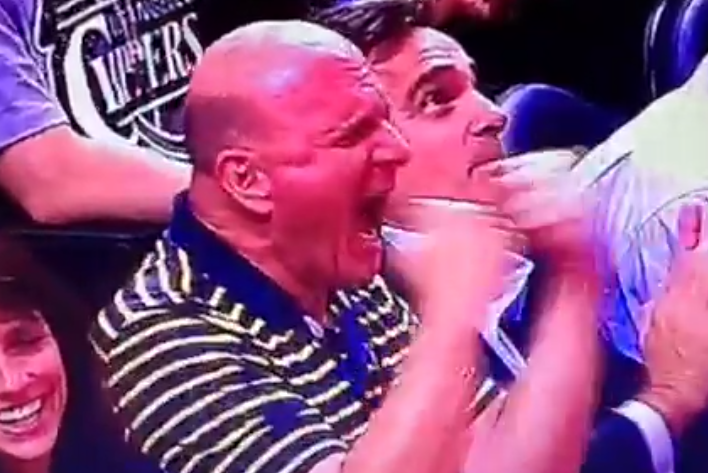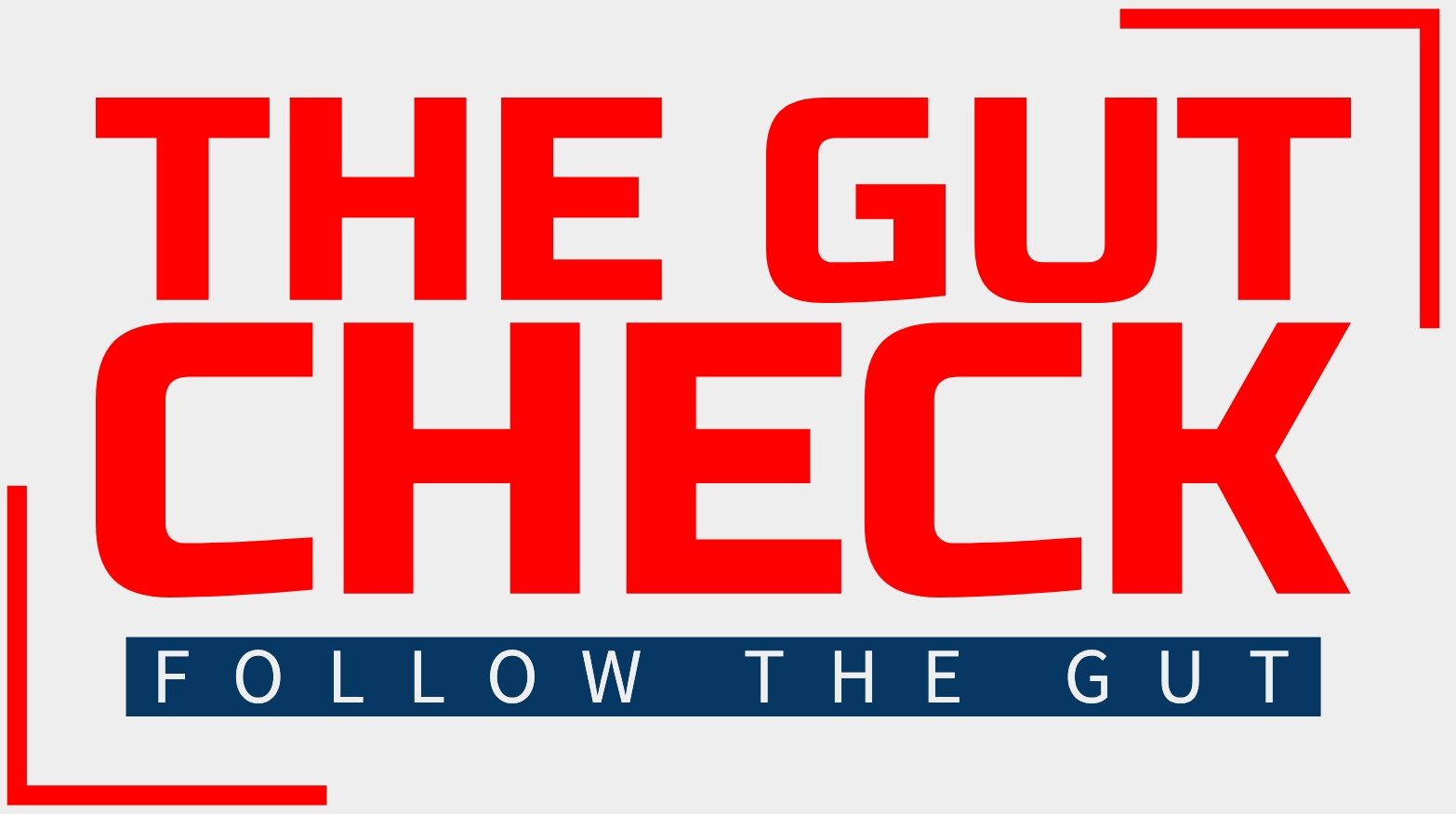OWNED
How Professional Sports Franchises Found Themselves at the Mercy of their Owner’s Depravity
In a perfect world, the owner of your favorite team wouldn’t matter. Sure, you’d hope they had sufficient capital to invest in top talent and a keen eye for hiring management. But outside of that, who cares who owns the team? Success would be determined by the players, coaches and the GM. Owners would employ the best staff they could find to run their team, then step back allow them do their respective jobs. Sounds logical, right?
Unfortunately, logic doesn’t hold much sway. Owners have become annoyingly over-involved at best, and agents of pure chaos at worst. Ask any fan of a perennial bottom feeder franchise, and they’ll eagerly rant about how helpless it feels to unconditionally pledge one’s loyalty to an organization that has spent years slowly rotting from the head down. Yours truly has been a lifelong NY sports fan, and have seen my fair share of ownership damage with the likes of the Knicks, Giants, and Yankees over the years.
I wish I had an easy fix for this lamentable trend – alas I don’t. My goal today is simply to shine some light on the state of this disfunction.
So in the spirit of one of my favorite Bill Simmons articles from back in the day, called The Atrocious GM Summit, I’m going to name these the…
Archetypes of Ownership Atrocity:
Archetype #1) the Tyrannical Overlord: Daniel Snyder, Jerry Jones
Tyrant owners are famous for surrounding themselves with a cadre of yes men, creating an environment where very few ideas are challenged or rethought. As their tenures as owner progress, they entrench themselves deeper into their bizarre little fiefdoms, to the point where the suggestions and advice of rational outsiders are not only ignored but punished.
Take Daniel Snyder’s recent exploits, for example – Universally despised by players and personnel around the NFL for reliably acting like a deplorable human, he gets wind of a coming mutiny from his fellow owners and NFL commissioner, Roger Goodell. He then allegedly hires Private Investigators to dig up as much dirty laundry as they can find on Goodell and his peers, essentially hoping to create a Cold War style stand off and prevent them from ousting him from his perch as owner. When you need to resort to mutually assured destruction as your only way of keeping your job, things haven’t gone well. Add it all up and it’s no wonder Snyder’s Commanders graded out among the worst run teams in the recent NFLPA annual Report Card.
Archetype #2) Overzealous Fanboy: Mark Cuban, Steve Balmer
This one is interesting, in that fans may be justifiably energized by the prospect of an owner who truly seems to give a damn about the team. They will see them sitting courtside at home games, pumping their fists along with the fans. My favorite version of this is LA Clippers owner and former Microsoft CEO Steve Balmer. Watch any given Clippers game and you’re bound to see a shot of Balmer courtside flailing around like he just jabbed himself in the heart with one of those giant Pulp Fiction adrenaline syringes.

We’ve seen these owner types have success, such as the early days with Mark Cuban and the Mavs – players feed off of the positive energy, the media gets a lot of fun quotes, and all seems well. The problems arise when things don’t go as well as hoped, and that once boisterous and jolly owner starts to make kneejerk decisions, quickly disregarding rationality when it’s needed most.
Archetype #3) The Wall St Megalomaniac: Steve Cohen, David Tepper
Ah yes, the billionaire Finance tycoon who fails to see how running a sports franchise should be any different than that Hedge Fund they run in suburban Connecticut. Fans who hear that their team has been purchased by such a figure may initially talk themselves into a bright future, and why not? These people have amassed billions by making savvy strategic decisions, uncovering investment opportunities and undervalued assets. While you could argue that this also holds true with a sports team, it doesn’t quite work that way. When managing a portfolio, the chemistry between the various stocks, bonds etc doesn’t matter. Not so with a group of highly paid, alpha athletes.
Archetype #4) The Shameless Nepotist: John Mara, James Dolan, Al Davis, Mike Brown,
Maybe I’m naïve, but it’s surprising to me that in 2023, we as a culture still allow nepotism to run rampant in public arenas. We’ve made real progress toward stigmatizing many societal plagues. Yet the owner of a sports franchise can still feel no shame in appointing his clearly unqualified, entitled son as his successor (and yes, they are all sons).
My favorite example of this is Al Davis, who decided it would make sense to hand the keys of the Oakland Raiders over to his son, Mark, who looks and acts like the love child of Lloyd Christmas from Dumb and Dumber and a ventriloquist dummy.
Another one that hits close to home for me is Dolan, who didn’t become a sports owner because of his Daddy, but did inherit evil media empire Cablevision, leading to him taking over the MSG Corporation, and subsequently annihilating the credibility of one of the NBA’s premier brands for decades (with…sob…no end in sight).

Archetype #4) Incompetent Cheapskate: Dan Gilbert, Jeffrey Loria
It’s honestly hard to understand the owner who decided to get into the business of owning a professional sports franchise, then runs the thing like the pawn shop guys on Discovery Channel. A combination of bad calls and subsequent penny pinching makes rooting for these teams an exercise in hopelessness. The Moneyball story has created a narrative that winning with a paltry budget is not only possible, but honorable. Too many have fallen in love with the romanticism of that story, ignoring the myriad teams who have mired at the bottom of their respective leagues due to the outright stinginess of their ownership.
Archetype #5) The Bigoted Sexual Deviant: Robert Sarver, Donald Sterling
This is the most clearly problematic and overtly toxic of all archetypes. Let’s start with a recent example: Robert Sarver. To illustrate, let’s relate Sarver’s story in the voices of late/great broadcast team of John Madden and Pat Summerall:

Madden: “Here’s a guy who walks around the locker room showing players and coaches pictures of his wife in a bikini. The players don’t seem to be reacting very well What do you think Pat?”
Summerall: “You’re right, John. They don’t look happy”
Madden: “He’s not done yet! Now he’s telling players that he wears magnum sized condoms. I think he’s trying to impress them, but seems they don’t want to hear about the size of a 60 year old white guy’s penis, Pat your thoughts?”
Summerall: “That’s true, John. Definitely not helping.”
In case you think I’m exaggerating any of this, there are unfortunately way more sordid details in ESPN’s expose here.
So what to do about this sad state of affairs? We’ve seen cases such as Sarver and Sterling, where things had devolved to the point of a forced exit – however it’s not plausible at scale, there are simply too many of these rats to exterminate. As I said in at the start, I don’t have an easy answer. What I can offer is an example of a different ownership model:
Imagine a franchise owned not by a single Billionaire asshat, but by hundreds of thousands of devoted fans, each of whom own stock in the team. These shareholders would not be able to profit on their investment, but would be able to vote on the team’s Board of Directors, who would represent the team in league meetings and hire staff. No Tyrants. No Perverts. Just Democracy. Sound like idealistic nonsense? What if I told you there is a team that has had this structure in place since 1923? That’s right – in my version of Sports Utopia, every team would be run like little team you may have heard of: the 13 time League Champion Green Bay Packers.
